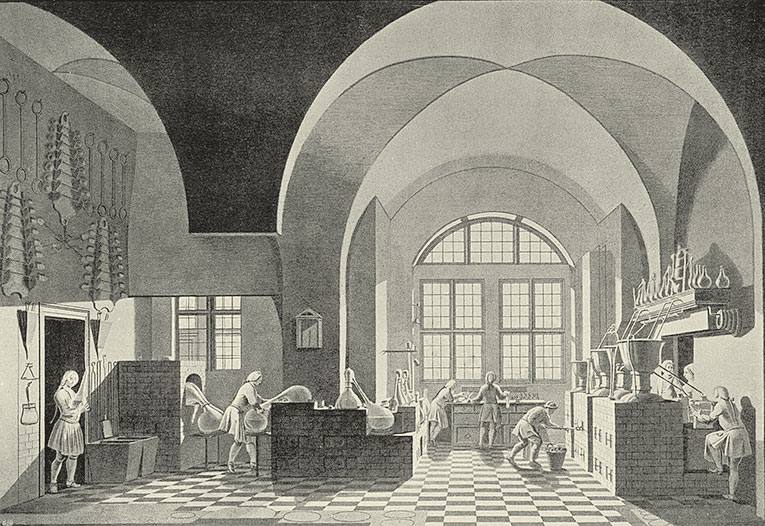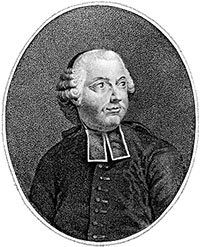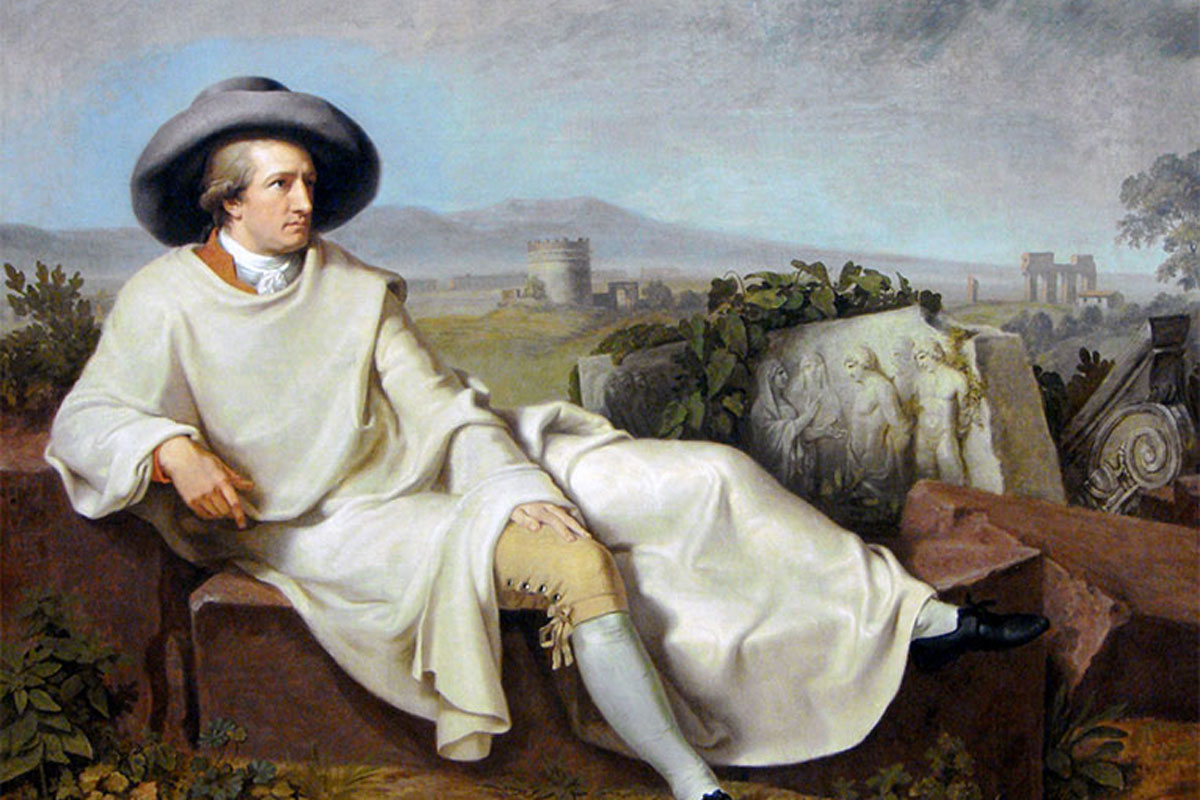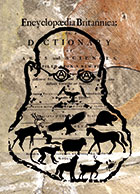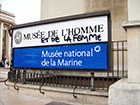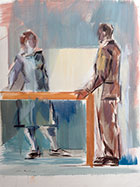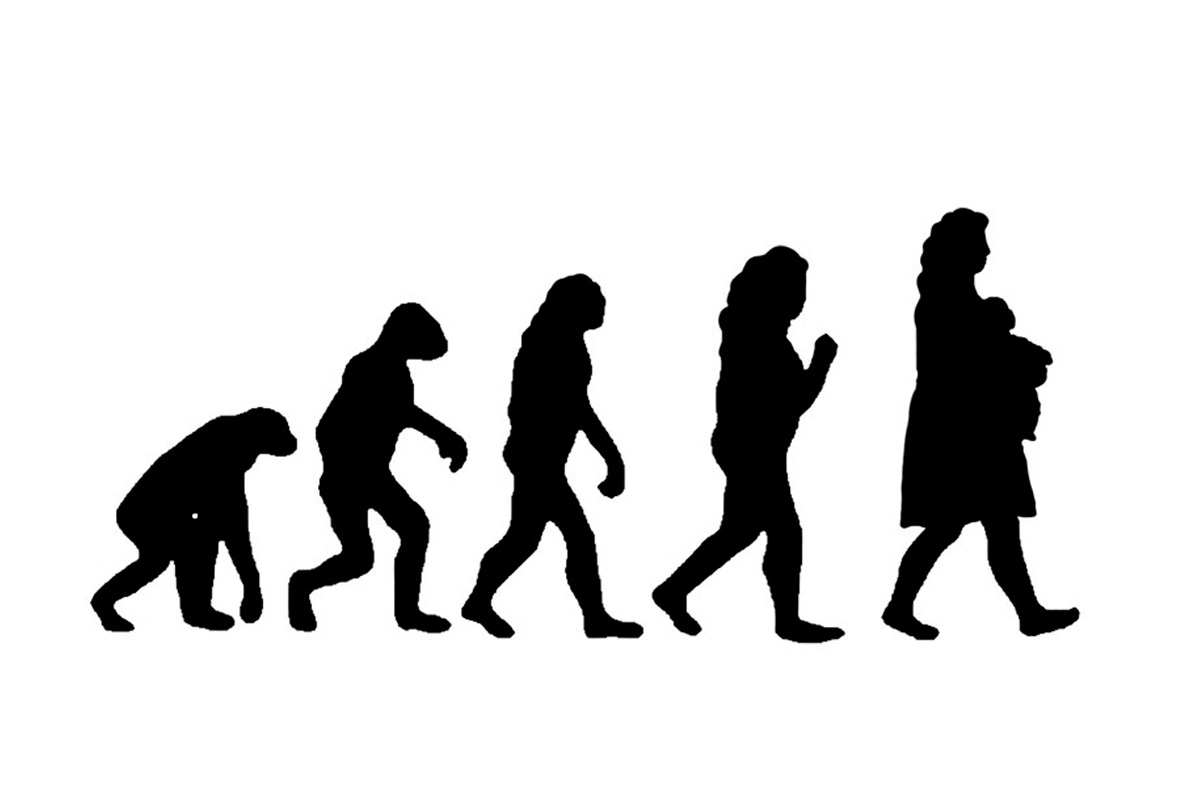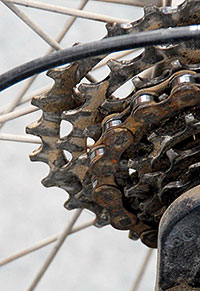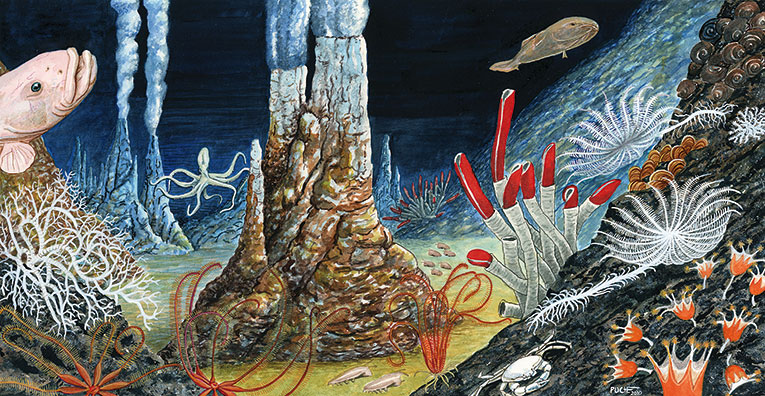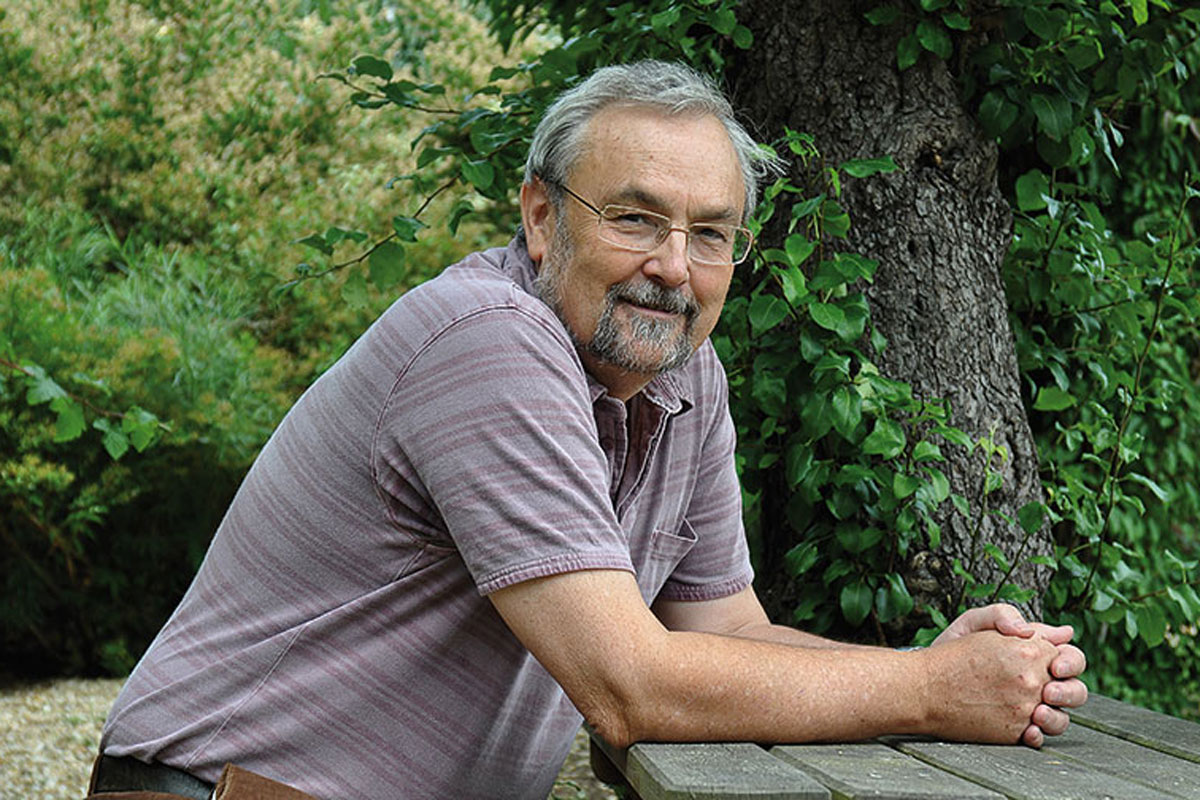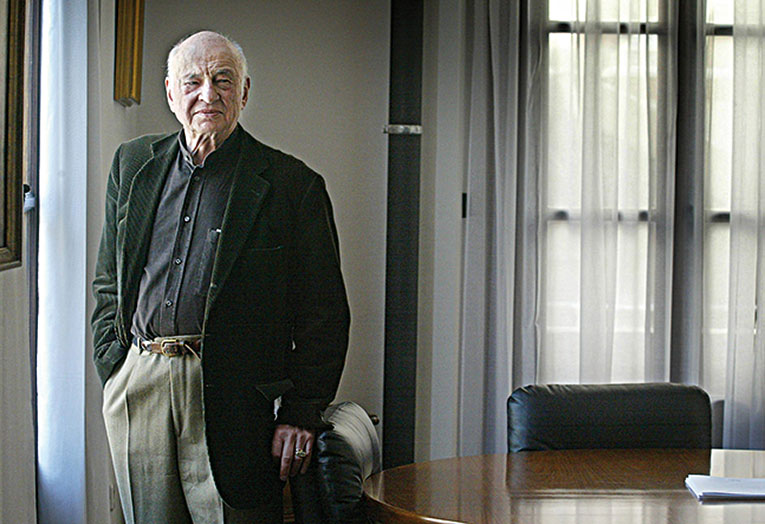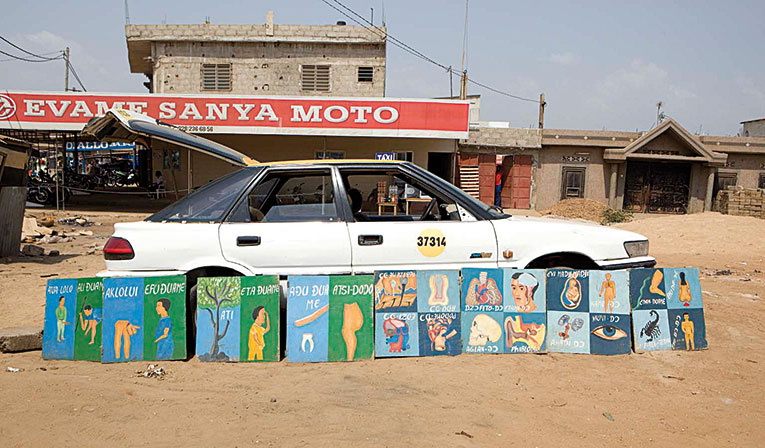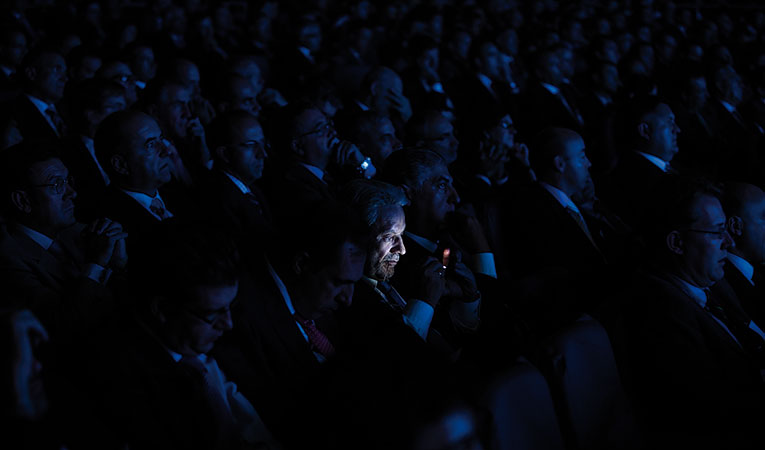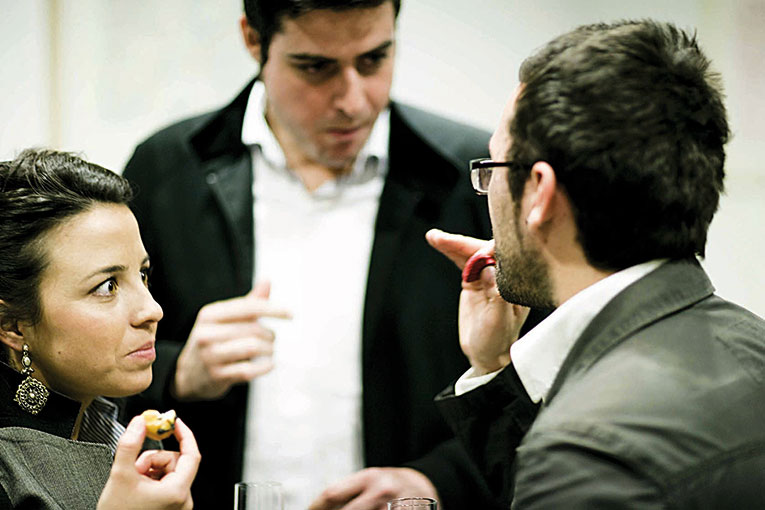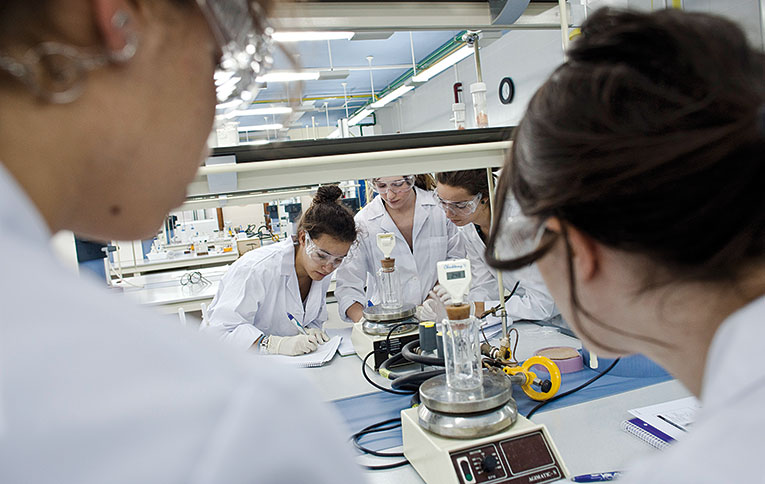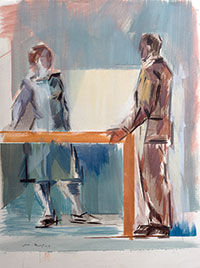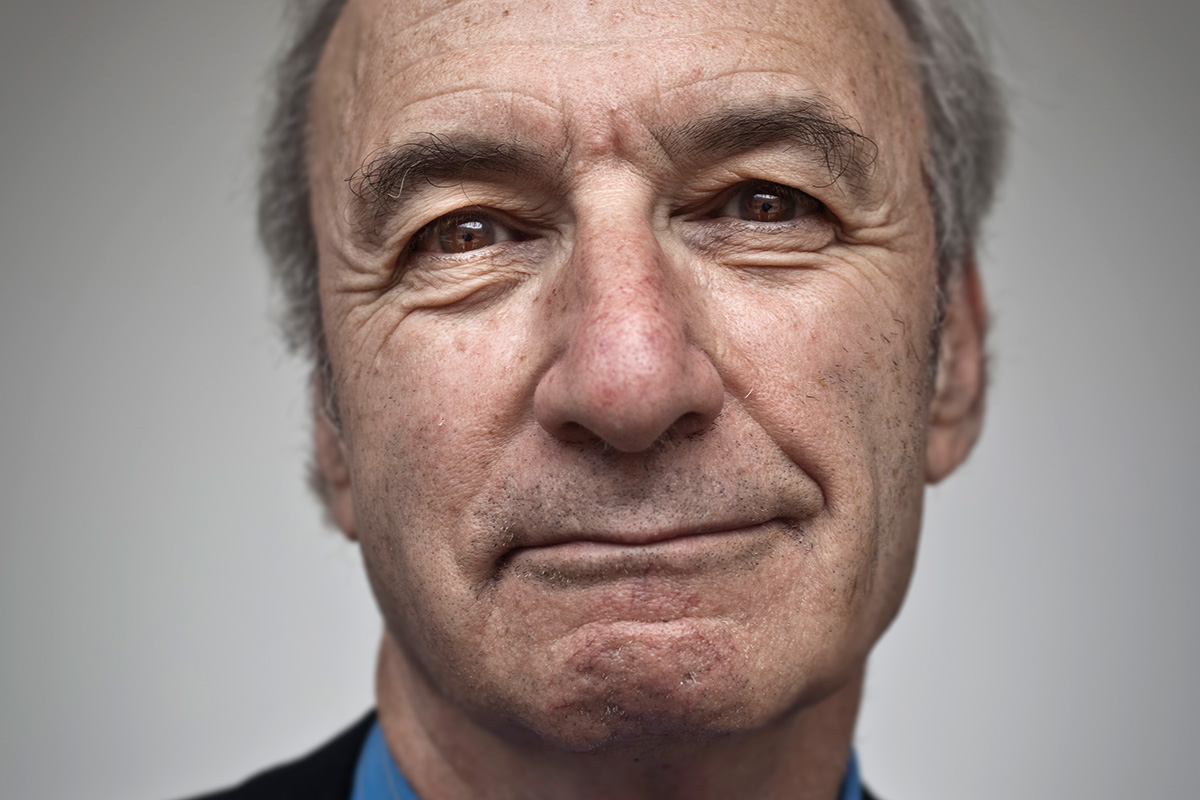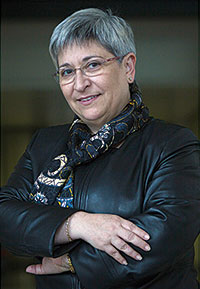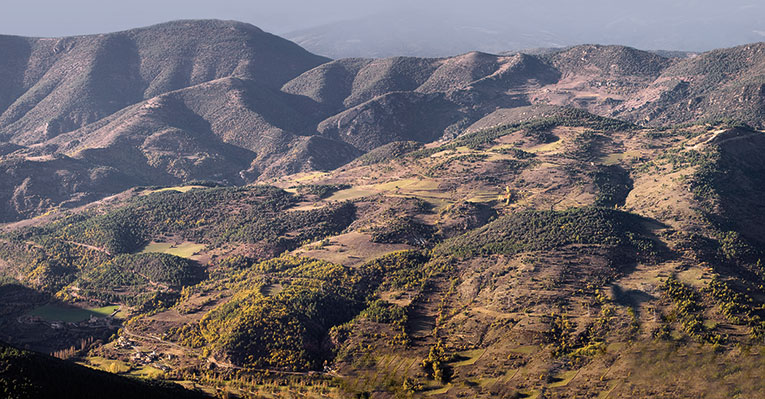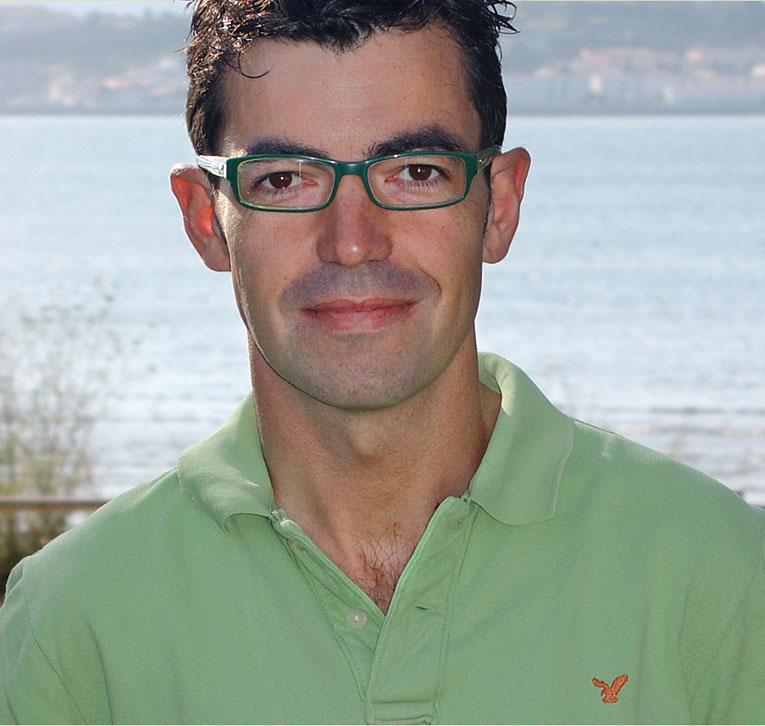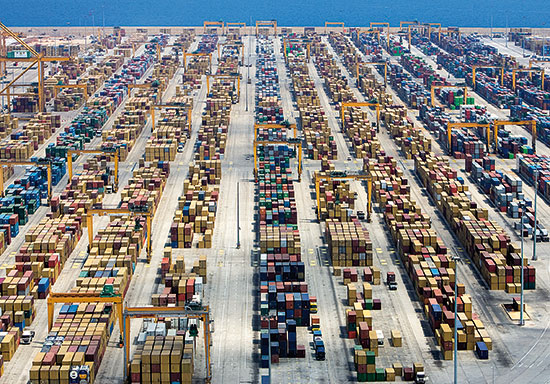Search
© Mètode The large laboratory of the Royal Court of Berlin. From Johannes Hörmann, 1898. Die königliche Hofapotheke in Berlin (1598-1898), Hohenzollern Jahrbuch 1898. Historians of chemistry have dealt with this
Issue 65 (2010): Nano {rokbox album=|2783| text=||}images/stories/MetodArt/Ana_Donat/Kropotkinb.jpg{/rokbox} {rokbox album=|2783| text=||}images/stories/MetodArt/Ana_Donat/Natureb.jpg{/rokbox} {rokbox album=|2783| text=||}images/stories/MetodArt/Ana_Donat/castorb.jpg{/rokbox} {rokbox album=|2783| text=||}images/stories/MetodArt/Ana_Donat/necrophorusb.jpg{/rokbox} Ana Donat, 2010. Ana Donat, 2010.
Issue 67 (2010): Human Nature {rokbox album=|2778| text=||}images/stories/MetodArt/Jesus%20Martinez%20Oliva/MUSEE-DE-LHOMME1b.jpg{/rokbox} {rokbox album=|2778| text=||}images/stories/MetodArt/Jesus%20Martinez%20Oliva/MuseeExotiqueb.jpg{/rokbox} {rokbox album=|2778| text=||}images/stories/MetodArt/Jesus%20Martinez%20Oliva/Musee_Homme_projetb.jpg{/rokbox} {rokbox album=|2778| text=||}images/stories/MetodArt/Jesus%20Martinez%20Oliva/EscuelaMiedob.jpg{/rokbox} Jesús Martínez Oliva. Musée de
Issue 67 (2010): Human Nature {rokbox album=|2777| text=||}images/stories/MetodArt/Marti_Quinto/Naturalezab.jpg{/rokbox} {rokbox album=|2777| text=||}images/stories/MetodArt/Marti_Quinto/Naturaleza3b.jpg{/rokbox} {rokbox album=|2777| text=||}images/stories/MetodArt/Marti_Quinto/Naturaleza4b.jpg{/rokbox} {rokbox album=|2777| text=||}images/stories/MetodArt/Marti_Quinto/Naturaleza5b.jpg{/rokbox} Rafael Martí Quinto. «Human Nature»,
David Attenborough was born in London in 1926, at a time when Robert Flaherty had managed to consolidate the documentary genre as a means of expression in its own right.
[caption id="attachment_1705" align="alignleft" width="200"] © J. Wagensberg[/caption] Some ideas are born and germinate in the mind but remain there, under contemplation, never making it out into the world to be tested.
The sun formed about 5,000 million years ago. Since then it has been rotating around the Milky Way, which takes around 226 million years. The Sun, like many other stars,
I have never been able to separate Edgar from Morin. I met him in 1980 when I began to translate La Méthode (Method) while working on my PhD Thesis (which
From the outset, modern philosophy has taken an interest in cultural diversity. However, at the start it did so paradoxically, by reducing plurality to the lowest common denominator universal to
Recent years have witnessed a revival of the debate concerning natural law or natural justice, which suggests that laws, or at least the basic principles (foundations and limits) of social,
Humans are living beings of extraordinary complexity. It is clear that we have our own particular nature –as do all animal species– but the fact that such definitions of our
New technologies, and particularly developments in genomics, have significantly changed the theoretical understanding of human beings: the nature and culture of man can be modified alike. However, considering genes to
[caption id="attachment_1476" align="alignleft" width="200"] The topic human nature has inspired the artists Rafael Martí Quinto and Jesús Martínez Oliva to collaborate on this monographic issue of Mètode –offering an artist’s
[caption id="attachment_5579" align="alignleft" width="200"] © M. Lorenzo[/caption] Thomas Glick is a professor of Medieval History at the University of Boston, and holds an honorary degree by the University of Valencia. For
[caption id="attachment_1254" align="alignleft" width="200"] Olga Gil Medrano. Pro-Vice-Chancellor for International Relations and Cooperation, University of Valencia / © M. Lorenzo[/caption] Little by little, and almost imperceptibly, globalization has come to fully
In the Lavansa valley and other places from l'Alt Urgell (at the Catalan Pyrenees) the figure of the trementinaire is still alive in the collective memory. As it happens with
Since Swiss astronomers Michel Mayor and Didier Queloz announced the discovery of the first extrasolar planet or exoplanet, in 1995, different research groups worldwide took up the hunt for planets
This article is divided in three sections. The first briefly describes the governance instituted with the creation of a European monetary union. The second section provides an overview of how
Diego Puga is a researcher at the Social Sciences unit of the Madrid Institute for Advanced Studies (IMDEA). He holds a PhD in Economics from the London School of Economics,
The competitiveness of a production model depends on its ability to adapt to economic developments and changes in demand. Innovation is a prerequisite for increased competitiveness, but must be accompanied

